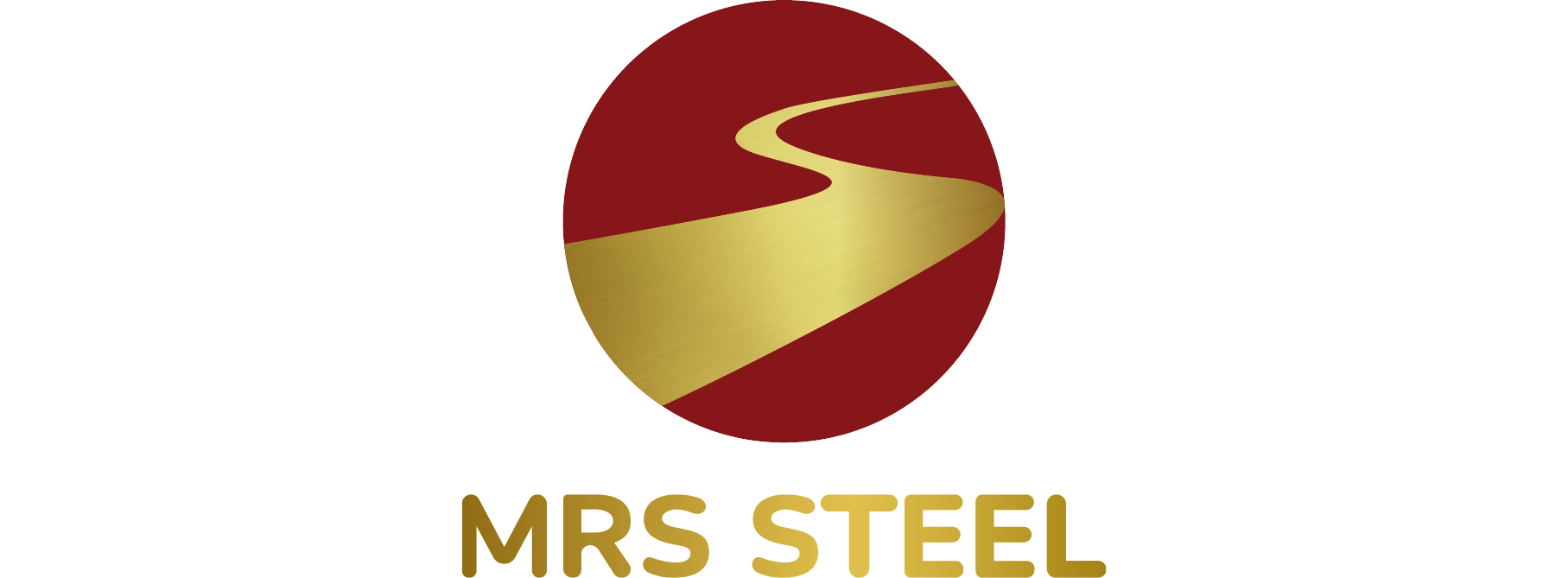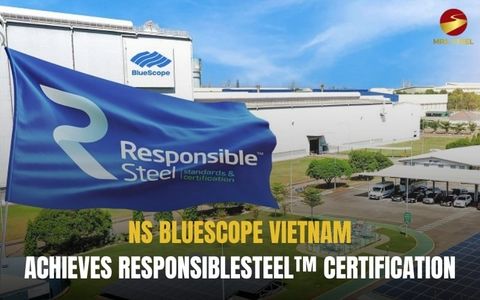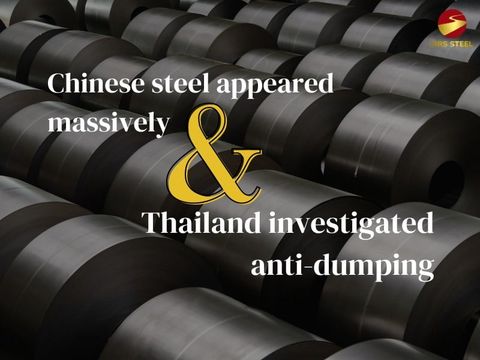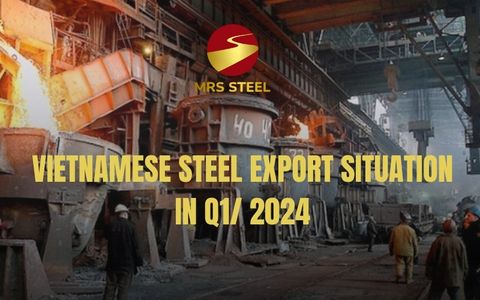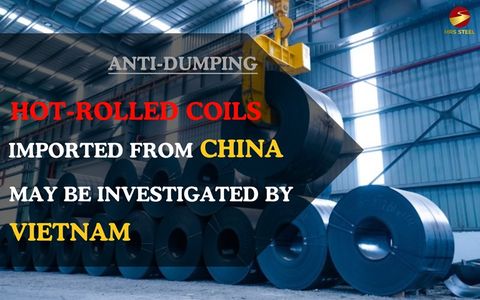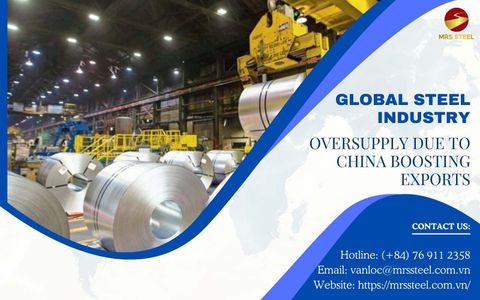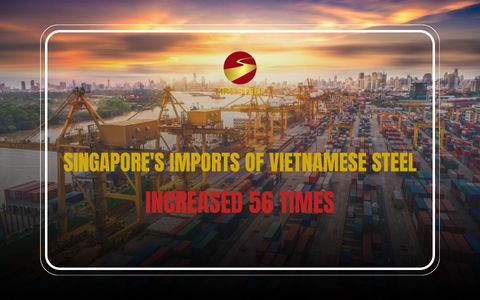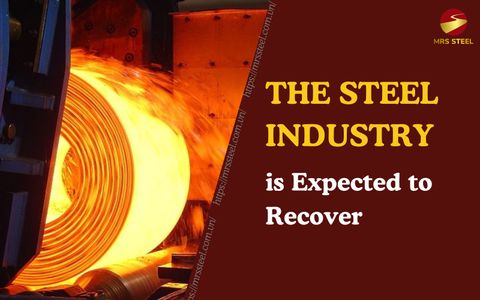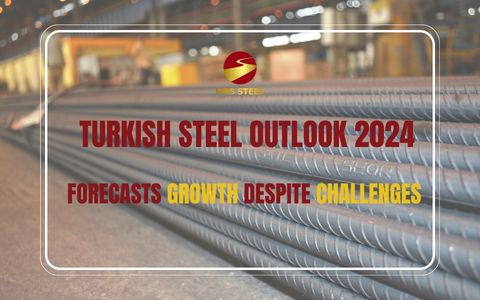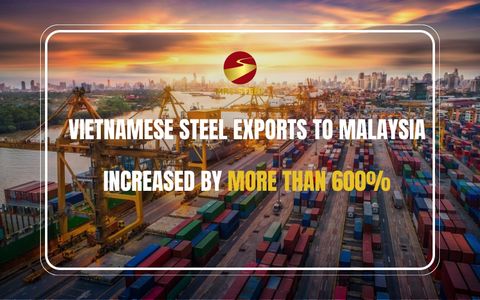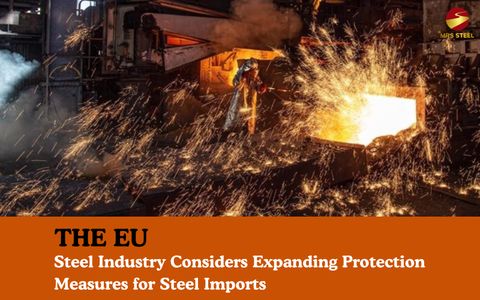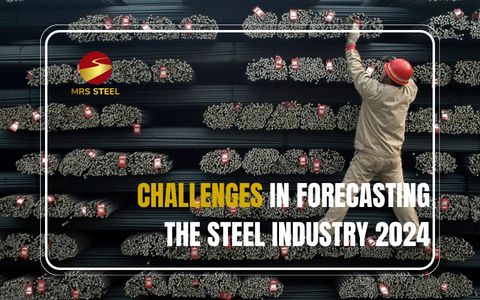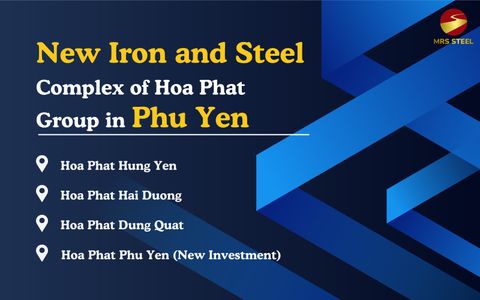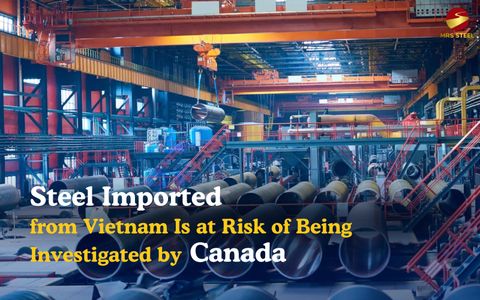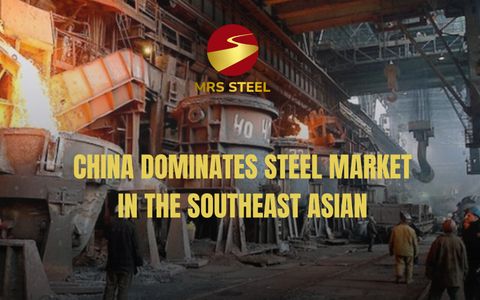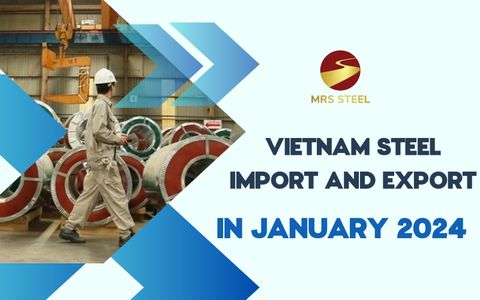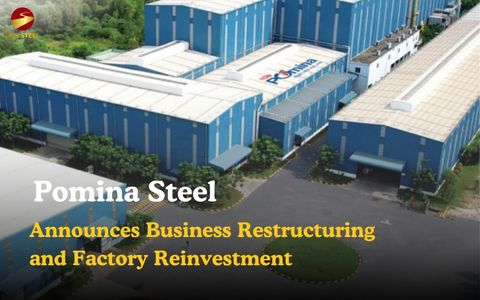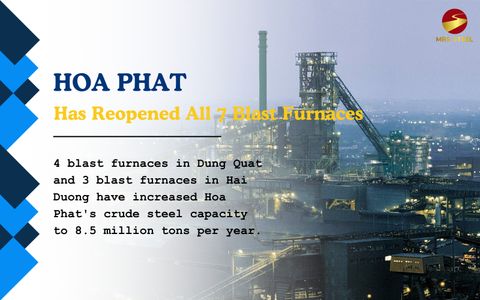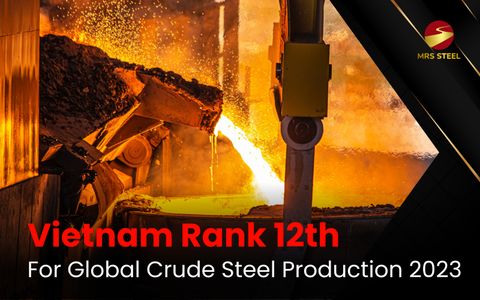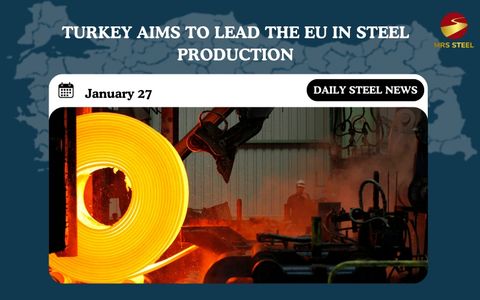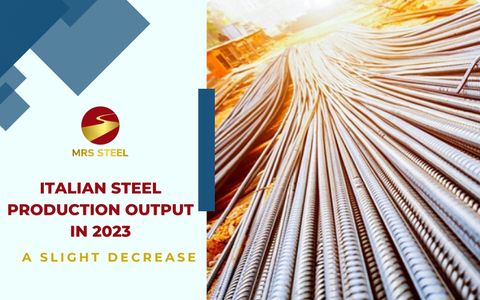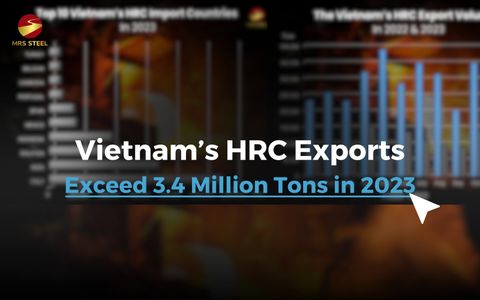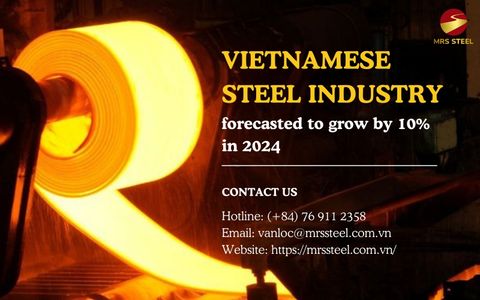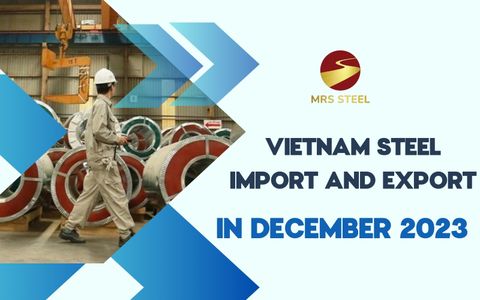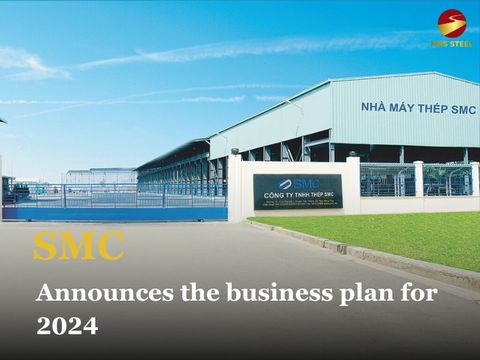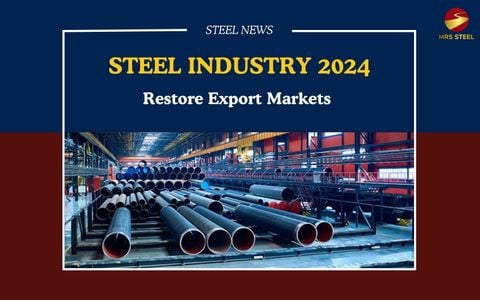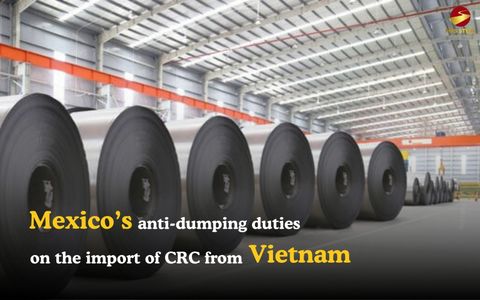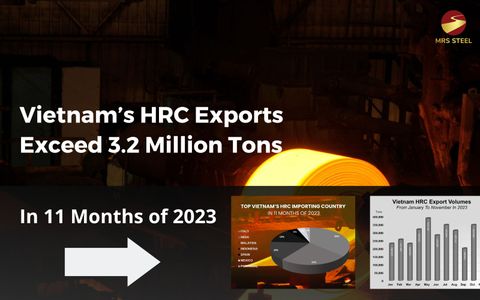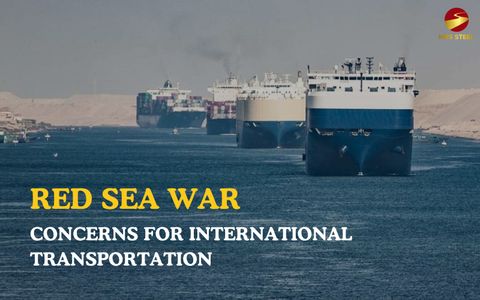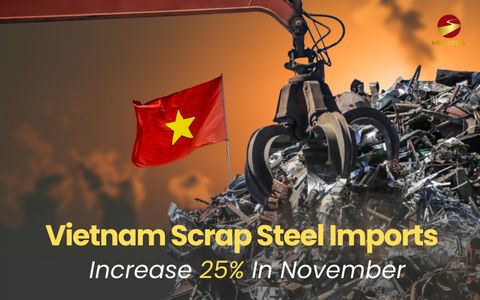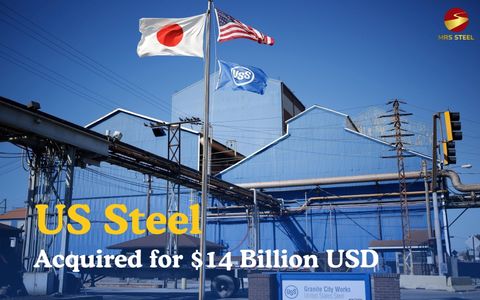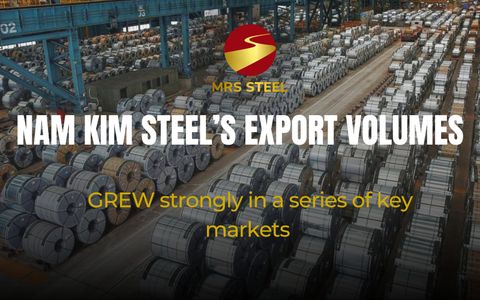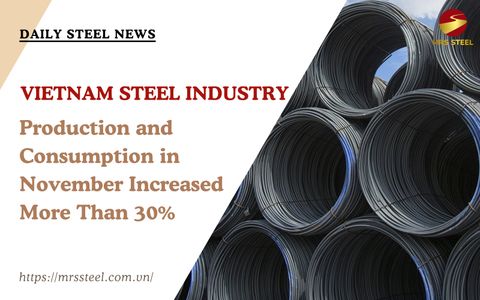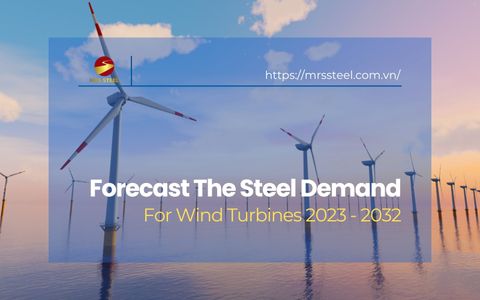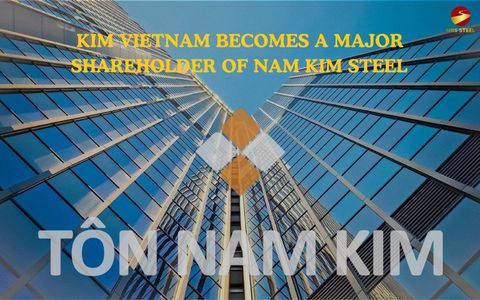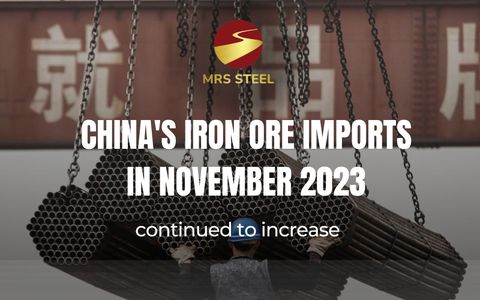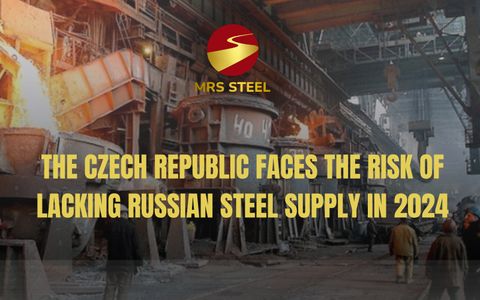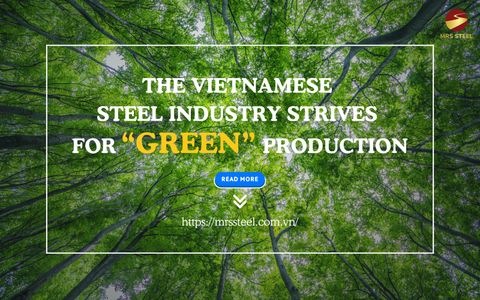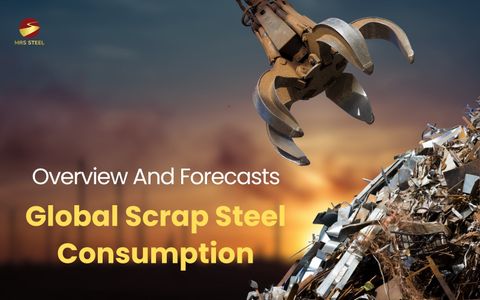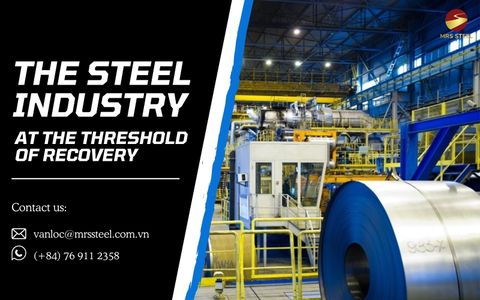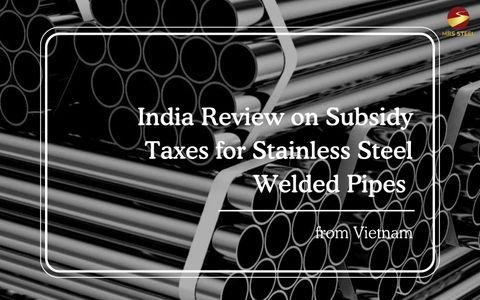EU Solves Indonesia Circumventing Tariffs on HRSS Through Turkey

Steel NewsDate: 21-06-2023 by: Ngan Le
Tensions in trade between Turkey and the EU have always been a never-ending matter. Recently, on April 18, 2023, the European Commission expanded an investigation against the sale of hot rolled stainless steel prices from Turkey due to suspicions about the origin of these items from Indonesia.
1. EU accuses Turkey's support of cheating for Indonesian steel to enter the market
The EU has discovered that Turkey's HRSS (hot roll stainless steel) has been disposed of before being dispensed to the European market. This has raised doubts when the origin of this item comes from Indonesia, which is considered a severe circumvention of the anti-dumping duty.

Statistical table of SSR import volume from Turkey and Indonesia to the EU market
In October 2020, the European Commission imposed an anti-dumping duty on hot-rolled stainless steel imported from Indonesia at a rate of 17.3%.
However, on June 17, 2022, the European Commission received an investigation requesting signs of anti-dumping tax evasion from Indonesian manufacturers. Products investigated in the following codes: HS 7219 11, 7219 12, 7219 13, 7219 14, 7219 22, 7219 23, 7219 24, 7220 11, and 7220 12.
Some data provide that there has been a significant change in the volume import of stainless steel plates (the primary raw material for the production of hot-rolled stainless steel) from Indonesia to Turkey and the volume of exports of hot-rolled stainless steel surged from Turkey to the European market. The European side believes that Indonesian manufacturers have circumvented the law by changing the location of product assembly and borrowing from consignment in Turkey to avoid anti-dumping tax.

Statistical table of imported stainless steel plates from Indonesia to the Turkey market
2. Some responses from Turkish steel exporters
After the announcements, Çolakoğlu - a steel exporter in Turkey argued against it. He said it was an absurd and unfounded decision when the EU only relied on statistical data about Turkey's hot-rolled stainless steel imports and the number of stainless steel plates from Indonesia to conclude.
In addition, other exporters in Turkey claim that importing stainless steel plates from Indonesia is a normal commercial activity as it helps Turkey steel factories have more diverse input materials.
In the opinion of Turkey's steel exporters, the EU's expansion of investigation measures and the imposition of anti-dumping duties on Turkey will give them more losses than benefits they receive. Specifically, the price will be increased many times; the most damaged person is still the end user in the region, which seems to go against the interests of the Alliance.
3. What is the direction for steel exporters in the EU market?
Europe has long been recognized as an essential market with much potential but is fraught with strict barriers. One of the typical challenges is the level of tariff quotas for imported steel and numerous recent trade remedy lawsuits.
From the perspective of Vietnam - one of the countries with outstanding export development, steel is a commodity getting involved in trade remedy lawsuits quickly. Although Vietnam's steel export situation still faces trade remedies in Europe, opportunities still exist for Vietnamese steel manufacturers.

Until now, Vietnam has 15 contracts of Free Trade Agreements, such as the Comprehensive and Progressive Agreement for Trans-Pacific Partnership (CPTPP), the Vietnam-EU FTA (EVFTA), etc. Depending on this covenant, import tariffs are reduced significantly compared to other countries in the region.
As for anti-dumping, steel products imported from Vietnam to the EU are complementary and not in direct competition. The reason is that the import proportion of Vietnamese steel enterprises is still relatively low, so it is not enough to threaten the competition of manufacturers in the region.
